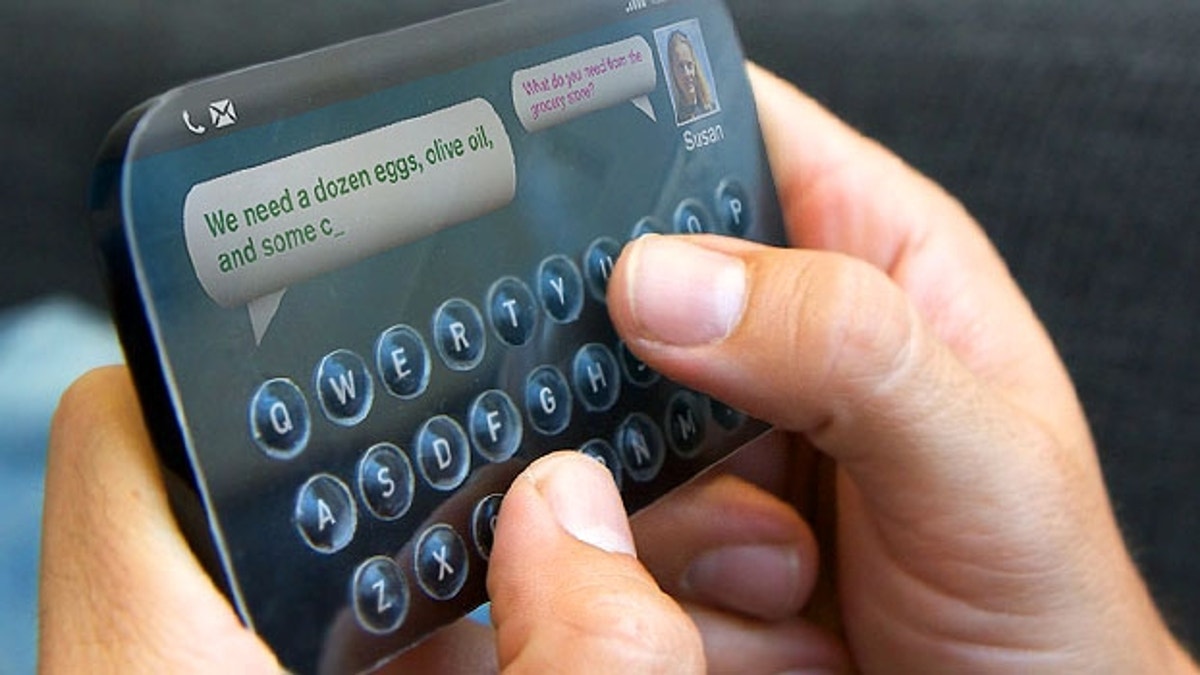
Back when Blackberrys were popular and the iPhone was still gaining traction, one of the most frequent complaints levied against Apple's smartphone was its lack of tactile feedback for input. Skeptics opined that a touch screen without a keyboard would never take off, since conventional knowledge dictated that physical response begets speed and accuracy during use.
Today, we can see that this is clearly not the case, as devices with keyboard-less touch screens have largely outflanked those with physical keys. But while some are quick to acknowledge that smartphone touch screen response has gotten substantially better since its incarnation, there are others that remain nostalgic for the time when real buttons registered a reaction on their devices. Now, Tactus Technology is aiming to reconcile both camps by taking the wraps off a new prototype screen that can raise and lower keyboard keys on a touch screen -- all completely on command.
Speaking to The Verge, Tactus Technology showed off this novel solution, which is based on a technology called "microfluidics." Utilizing the tech, users can trigger tiny amounts of fluid to pipe into a number of channels hidden beneath a regular touch screen, raising the surface in a pattern arrangement of the manufacturer's choosing.
Currently, the prototype is in "extreme alpha state," but The Verge reports that after just a few minutes with the unit, it's easy to see how incredible the potential of the system is. Right now, the prototype only allows for the channels to be set in a predetermined pattern, like a QWERTY keyboard, but the company is apparently aiming to use more fine-tuned versions of the tech in advanced applications later on, such as in gaming, apps and even on panels inside cars.
Even better, the fluid-based touch system uses extremely low power consumption -- less than two percent drain on a battery -- and the end goal is to let the user choose what feel they like, customizing things like pressure and button resistance.
Tactus says it has no hardware partnerships to publicize thus far, but the company is confident that it will start to bring products sporting the tech into the commercial world by 2013. So until then, it looks like we'll just have to content ourselves with our boring old displays without any transforming qualities to speak of.
via The Verge








































